How the CCP, Labor’s ethnic ruthlessness and their own incompetence cost Liberals support of Chinese Australians
The Liberal Party is not anti-Chinese but it has managed to look that way through incompetence, aided by the Chinese Communist Party and Labor’s ruthless ethnic politics.
Australia confronts a radical new danger. The combination of our evolving ethnic make-up, clandestine political interference efforts by Chinese government agencies, especially on social media, the unbelievable clumsiness of Coalition politicians and the equal ruthlessness of Labor, plus the atomised nature of public information, combined with policy instability introduced by Donald Trump, means Australian democracy is distorted and the nation effectively prevented from having frank, necessary foreign policy and security discussions.
Put at its simplest, the Communist Party government in Beijing wants the Liberal-National Coalition to lose elections and Labor to win. It takes extensive clandestine action to effect this. At the same time the Coalition has decisively lost the vote of ethnic Chinese Australians.
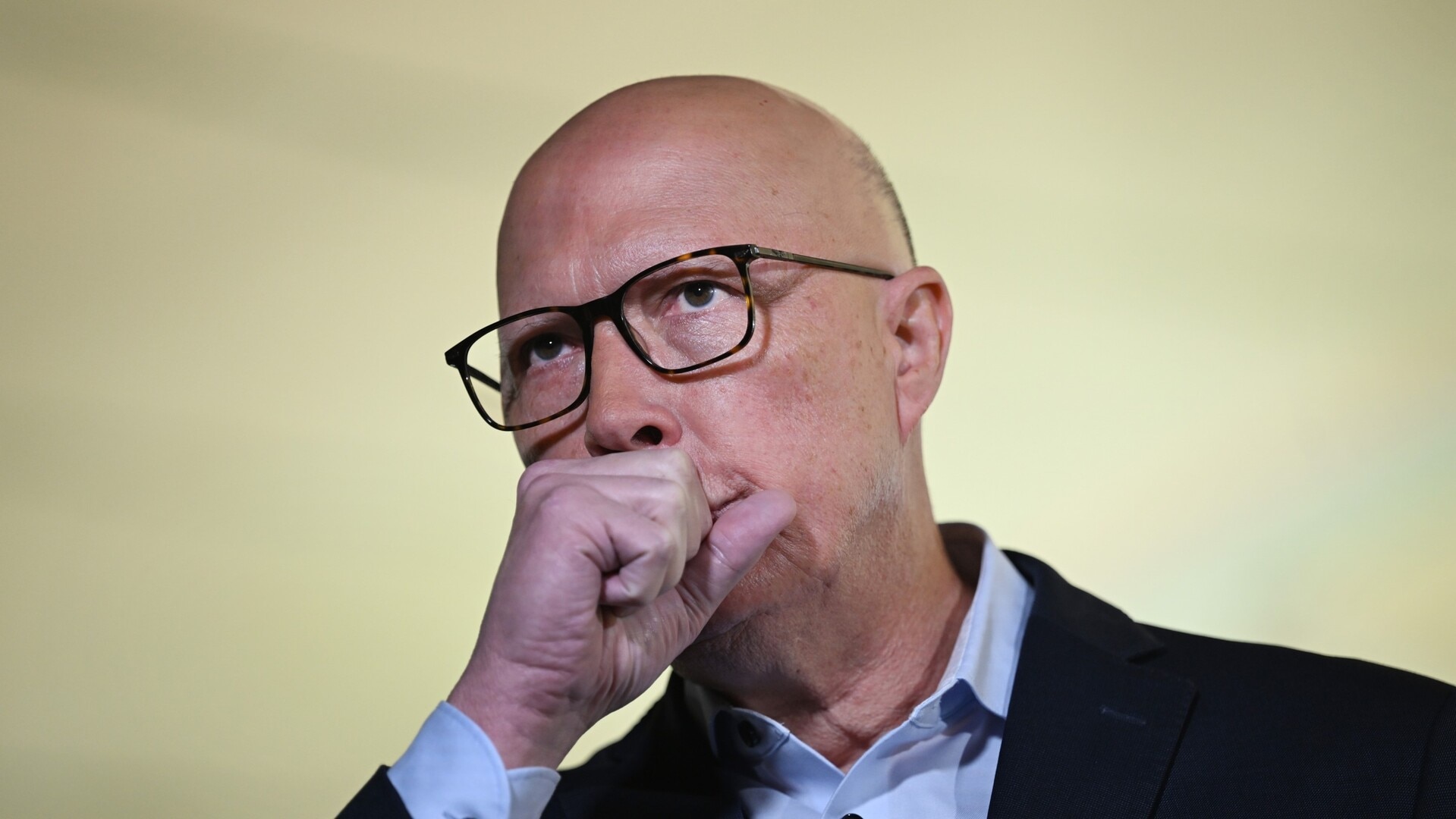
None of this is remotely a criticism of Chinese Australians. They are productive, successful, diverse citizens and they have the right, like everyone else, to vote for who they like. But the way Australian politics has worked itself out has produced a dysfunctional mess no one can discuss honestly or remedy. This means Australian politics already can no longer openly consider the strategic dangers posed by Beijing.
This was evident in the last televised leaders’ debate between Anthony Albanese and Peter Dutton. When asked insistently what the greatest threat to Australia was, Albanese equivocated, offering up some tosh about the rules-based order. Dutton tried to equivocate but finally settled, with obvious discomfort, on the Chinese Communist Party. (Pssst, don’t mention China!)
Has the Coalition lost the ethnic Chinese Australian vote? Yes. Australia now has a population of nearly 28 million. There are more than 700,000 Australians who were born in China, with about 1.4 to 1.5 million, or a bit more, Australians with Chinese heritage. The 10 most “Chinese” electorates are: Menzies, Chisholm, Bradfield, Reid, Bennelong, Barton, Parramatta, Banks, Berowra and Melbourne. Going into the 2019 election, the Coalition held seven of those 10 seats. Going into the 2025 election, the Coalition held four. Today, assuming the Liberals hold on in Bradfield, it’s just two.
All 10 of them, according to the Australian Bureau of Statistics, have ethnic Chinese populations of more than 17 per cent. Of the top 25 Chinese seats, which all have 10 per cent or more ethnic Chinese, the Coalition held 14 in 2019; now just three.
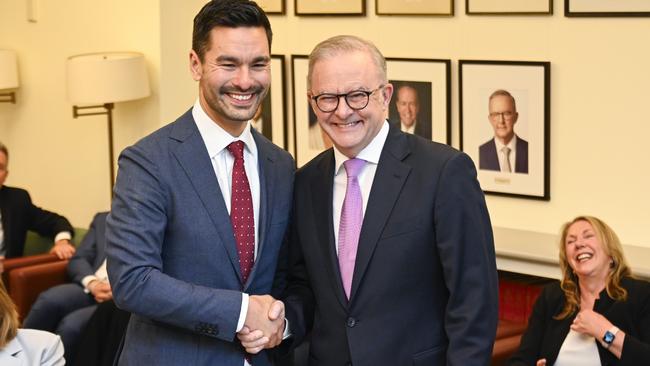
The loss of the Chinese seats, just like the teal seats, destroys the possibility of a Coalition majority. Incidentally, the teals are surely the most ethnically homogeneous group of politicians since the Ku Klux Klan (to whom they bear no other comparison) – a half-dozen white, university-educated, professional women, late 30s to 50s, as thoroughly unrepresentative of the whole multicultural Australia as Pauline Hanson’s One Nation Party.
But I digress. “Ethnic Chinese” is a broad category but still meaningful. Less than half the ethnic Chinese in Australia were born in China. Of ethnic Chinese Australians not born in China, most have come (or their parents have) from Hong Kong or Southeast Asia, particularly Singapore, Malaysia and Indonesia where the Chinese have tended to remain distinctively Chinese.
That’s still a diverse group, but if you somehow convince them you’re anti-Chinese, as opposed to critical of Beijing, you can provoke a very widespread reaction.
Michael Novak famously wrote of “the unmeltable ethnics”. Certainly I can feel offended by an insult to the Irish, and I’m three generations away from my Irish roots. Even more so, if a politician campaigned, or was misrepresented as campaigning, against “sinister” Catholics, I’d find it very hard to vote for him.
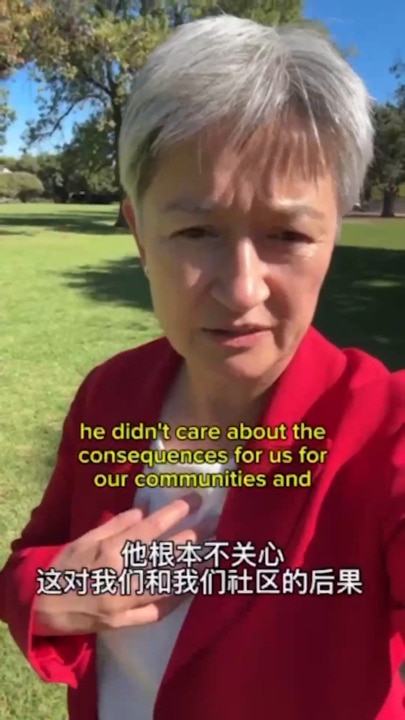
The Liberal Party is not anti-Chinese but it has managed to look that way. Three days out from the election the Coalition finance shadow, Jane Hume, was doing morning TV. There was a story that some volunteers in Housing Minister Clare O’Neil’s campaign had been directed there by a Chinese association alleged to be associated with a front for the CCP. This kind of issue has to be addressed very precisely. Instead, Hume said to O’Neil: “There might be Chinese spies handing out for you.” This proved disastrous, perhaps in some seats pivotal.
Hume recognises she made a bad mistake. Hume herself had co-authored a Liberal Party report on the previous election defeat that said there was “a particular need for the party’s representatives to be sensitive to the genuine concerns of the Chinese community and to ensure language cannot be misinterpreted as insensitive”.
Quite. The seat of Menzies, which had been held for the Liberals by Keith Wolahan, has the highest ethnic Chinese population, at 29 per cent. Some Chinese-born Australians aren’t citizens and don’t vote. But most ethnic Chinese overall do vote.
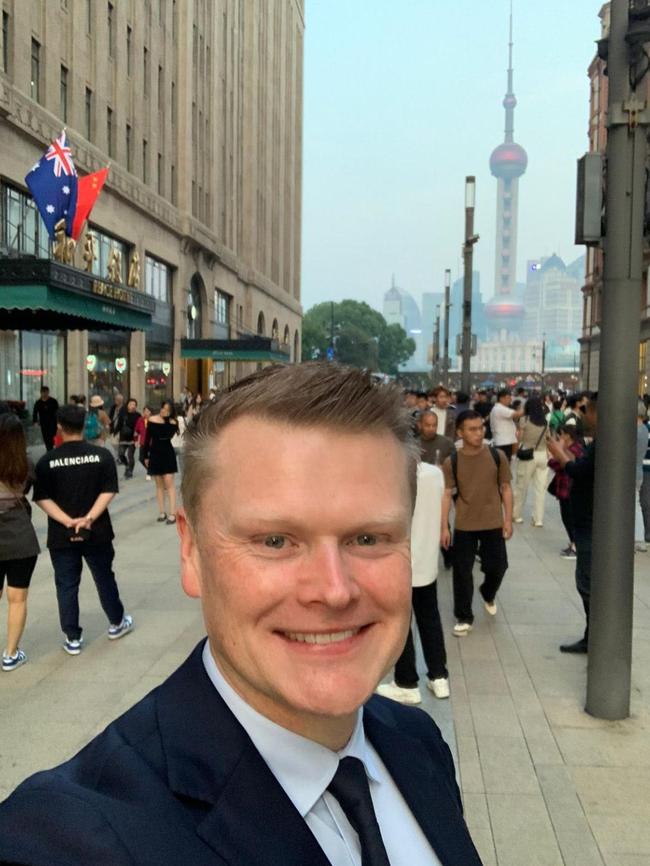
Wolahan worked prodigiously to get close to the Chinese in his electorate. He had one of the biggest followings of any politician on the Chinese language social media app WeChat. Labor’s Penny Wong recorded a short clip for WeChat claiming Hume’s remarks showed the Liberals routinely question the loyalty of Chinese Australians. She got 500,000 views on WeChat. Wolahan couldn’t outrun that. His electorate underwent a redistribution that brought into his seat heavily Chinese suburbs Box Hill and Blackburn. These have large numbers of young Chinese who live on social media.
Wolahan won even heavilyChinese areas that had been in his old seat. But he lost heavily Chinese areas new to his seat. Several Liberal MPs and candidates tell me younger Chinese voters wouldn’t touch the party’s how-to-vote cards as they came to vote. Only older ethnic Chinese would give the Liberals the time of day.
For the Liberals, Menzies is a tragedy at many levels. Wolahan lost by 2000 votes in a seat with 120,000 electors. Menzies is a classically middle class, affluent, stable, leafy, low-crime, disproportionately churchgoing, high home-owning, lovely district that ought to be, and once was, Liberal heartland.
The Liberals lost Kooyong, the 12th most ethnically Chinese seat, by a feather and suffered a big swing against them in Bennelong, the fifth most Chinese seat.
Before the recent madness, the Liberals had a good record on Chinese representation. The first Chinese Australian elected to any Australian parliament was Hong Kong-born Helen Sham-Ho in NSW. Tsebin Tchen, a Liberal senator for Victoria from 1998, was the first ethnic Chinese, the first Asian, elected to the federal parliament.
The Chinese, like the Indians, are naturally conservative. They’re often in business, culturally devoted to education, family values, socially conservative, favour low taxes, sensible education and social stability. Several factors have cost Liberals Chinese support. First, Chinese government political interference. This is acute on social media. The evidence is almost limitless.
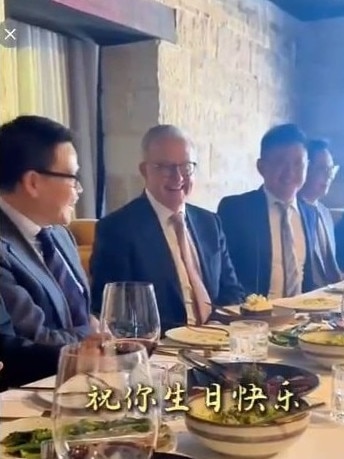
Canada conducted an official investigation into concerted Chinese government efforts to ensure the Conservatives lost the 2019 and 2021 elections. These investigations were carried out, quite properly, under the auspices of the Canadian left-of-centre Liberal government that won those elections.
The official Canadian inquiry concluded there was a sustained Chinese effort using “spamouflage”, fake social media accounts. This campaign was particularly active on WeChat, though Beijing government operations occur also on RedNote, TikTok and many social media outlets unconnected with China, such as X and Instagram.
Western intelligence agencies believe social media outlets controlled by Beijing skew news treatments to narratives favoured by the CCP.
US Secretary of State Marco Rubio called out Chinese clandestine political influence campaigns during his recent confirmation testimony. When Malcolm Turnbull first introduced anti-foreign influence legislation in 2017, he publicly named Beijing.
During the voice referendum, Beijing-backed spamouflage campaigners accentuated ideological divisions and extremism, with posts suggesting neo-Nazis were behind anti-voice campaigns and that Australia was relentlessly racist. Many young Australians, ethnic Chinese and others, get most of their news on social media. And social media is full of lies.
It’s likely the same forces magnified Hume’s mistake to paint the Liberal Party, which is not in any version remotely racist or anti-ethnic Chinese, as exactly that.
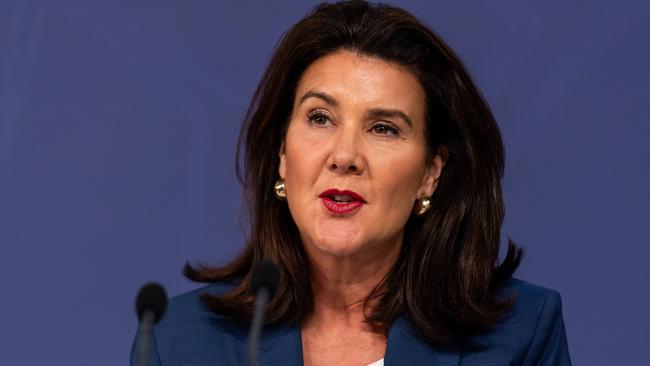
When in 2017 the Turnbull government was making an ill-advised attempt to pass an extradition treaty with Beijing, and Labor under Bill Shorten was considering whether to oppose it (which it ultimately did), Chinese officials told the Labor leadership that if it defied them on the treaty they would turn ethnic Chinese Australians against Labor.
The officials were confident they could do it, confident to make the threat to Labor.
The extradition treaty fell by the wayside. Labor has become much more circumspect about ever saying anything critical of Beijing, and ruthless about falsely equating Coalition positions relating to the Chinese government to a racist dislike of ethnic Chinese. Labor has been brutal and dishonest. But the Liberals for years were appallingly incompetent. Gladys Liu, the Hong Kong-born Liberal who held the seat of Chisholm for one term from 2019, and is now a Melbourne city councillor, was aghast at Hume’s comments, which she thought slurred all ethnic Chinese.
Liu immediately contacted Dutton’s office and the party director, Andrew Hirst, demanding some kind of public apology or clarification be issued. But she’s a loyal Liberal and made no public comment until the election was over.
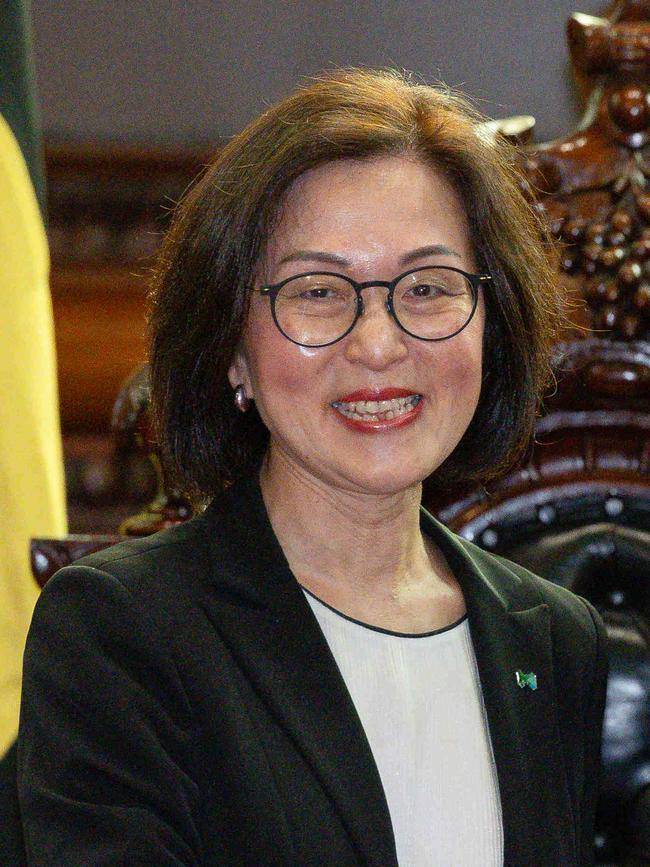
Liu is still outraged, but she’s desperately trying to get her old party to get its act together. She tells me: “I don’t want to destroy the (Liberal) party, I want to help rebuild the party. I hope the party might use this as a moment to press the reset button with the Chinese community. I don’t want the Liberal Party to put its head in the sand and think it will all be OK and Chinese Australians will vote for them again.”
Former prime minister Tony Abbott echoes Liu. “I think it is a grave mistake not to put up in highlights the distinction between the Communist government in Beijing and the Chinese people, much less Chinese Australians,” he tells Inquirer. “We need to make that distinction clear every time we talk about the regime in Beijing.
“I’ve always thought we should be migrants’ natural political home given our support for the family, education and small business.”
When she was an MP, Liu repeatedly tried to get government ministers to speak with more precision, to distinguish more clearly the Chinese government from Chinese Australians. Senior Liberals should talk of the PRC, meaning the People’s Republic of China, or of the Beijing government. If they use the word China in a disparaging way, nothing is surer than that their enemies will misuse it on social media against them.
This doesn’t solve the whole problem but it’s elementary common sense and political discipline. No Liberal should make a mistake like Hume’s.
Says Liu: “I raised it many times. I said to the prime minister and ministers, don’t use the word Chinese. Chinese Australians hear that word and think you’re talking about them. Use something like the Beijing government.
“They would take my advice and change their language but they only ever remembered to do it for a week or two, then they would change back.”
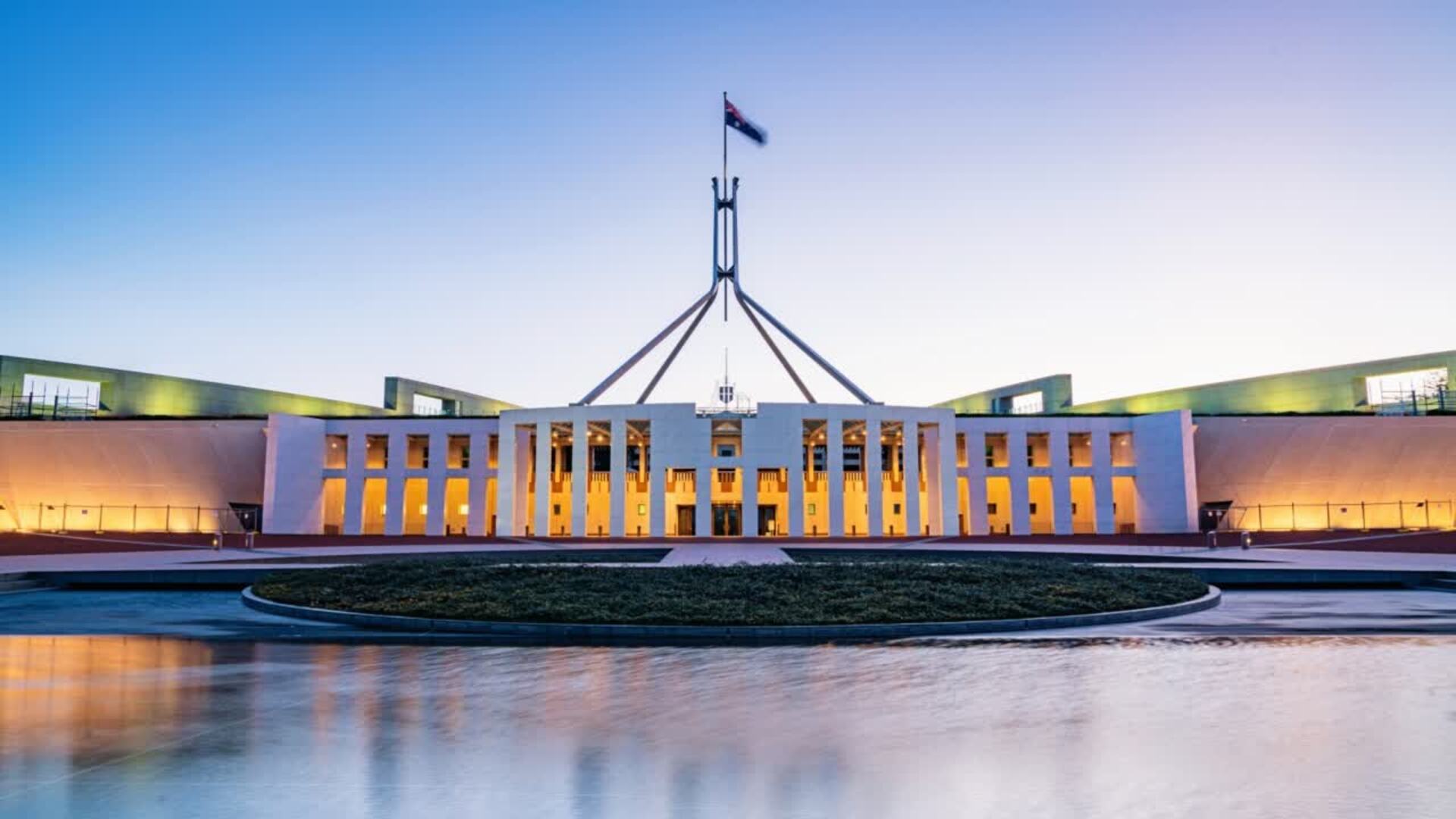
Liu passionately defends the Liberal Party to Chinese Australians: “I tell Chinese Australians that both Liberal and Labor, we put our national security high and we will be with our security allies. There’s no difference between the parties in national security. The only difference is the way Labor talks about it. If there was ever a war, we would not be on China’s side.”
Actually, the Liberals have been in some respects historically worse even than Liu suggests.
In the Morrison government, Scott Morrison and then defence minister Dutton frequently talked of war with China. The context was that if the US and China went to war over Taiwan, Australia would surely join Washington. That’s true, but it’s extremely irresponsible to talk about going to war unless such talk is necessary to justify great national expenditure or mobilisation.
The Morrison government, with Dutton as defence minister, did nothing for our military capabilities over the next 10 years, putting all their faith into AUKUS fantasy submarines set to arrive, under their schedule, starting some time in the 2040s.
The electorate responded sensibly to government war talk, at first deeply concerned and inclined to rally round the government. This led the government to repeat its cynical rhetoric. Eventually everybody could see the government was talking crisis but doing nothing.
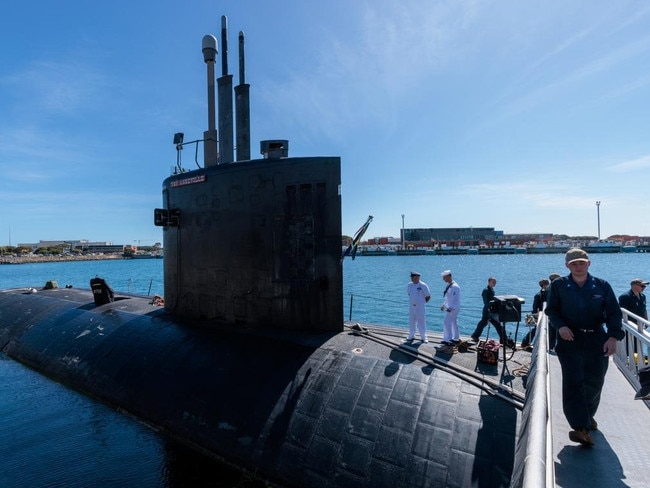
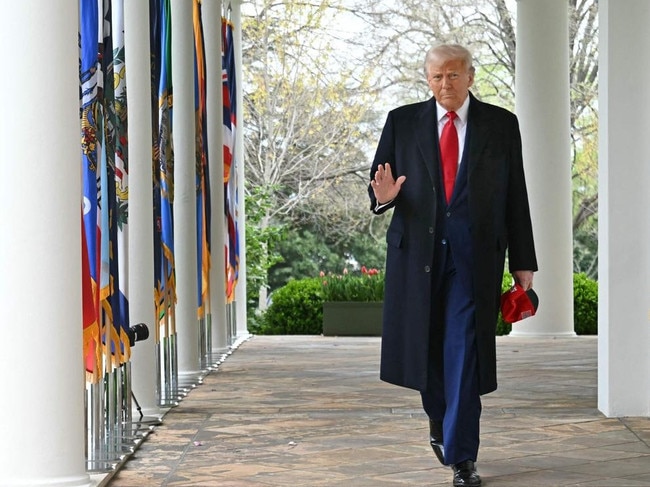
It greatly debased the authority of governments in national security. And it convinced a lot of Chinese Australians that the Liberals exploited Chinese security fears for tawdry political purposes.
The final complicating factor is that Trump has debased the coin of alliance reliability and keeps changing fundamental aspects of his China policy – today a punitive tariff, tomorrow no tariff. Congress passed bipartisan legislation to force TikTok in America to sever its connection with its Chinese owner. But powerful donors to Trump have financial interests in TikTok and Trump feels he did well on the platform. So he has instructed the Justice Department not to enforce the law.
The conservative side of Australian politics can no longer sensibly shelter in the warm embrace of stable, reliable US policy.
If the Liberals want to come back politically they have to reconnect with Chinese Australians. They have a mountain of work ahead of them, from attending endless ethnic functions and genuinely listening, to vastly more creative, energetic and targeted social media. Labor has effectively used its state MPs to forge connections with ethnic communities. The state and federal parties have reinforced each other.
The Liberals will need almost infinitely more discipline, precision and common sense about the way they speak than they’ve shown so far. Republicans in the US and Conservatives in Britain have at times had great success courting racial minorities.
Otherwise, while the Libs will continue to live in interesting times, they won’t get anywhere near the temple of heaven.


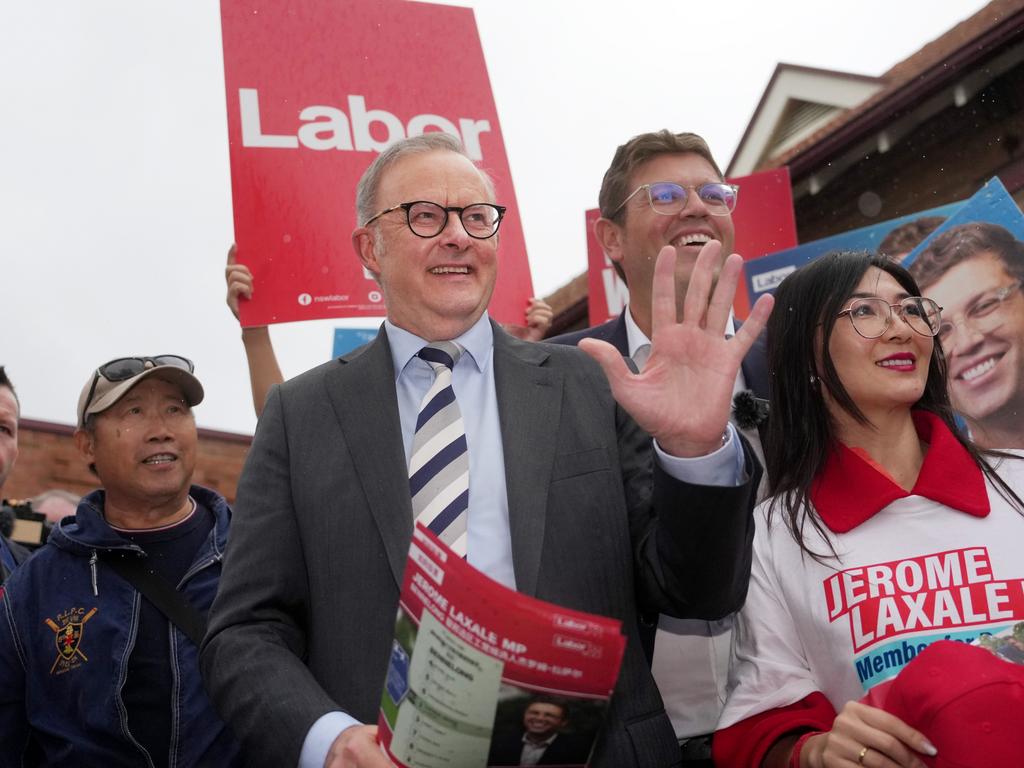
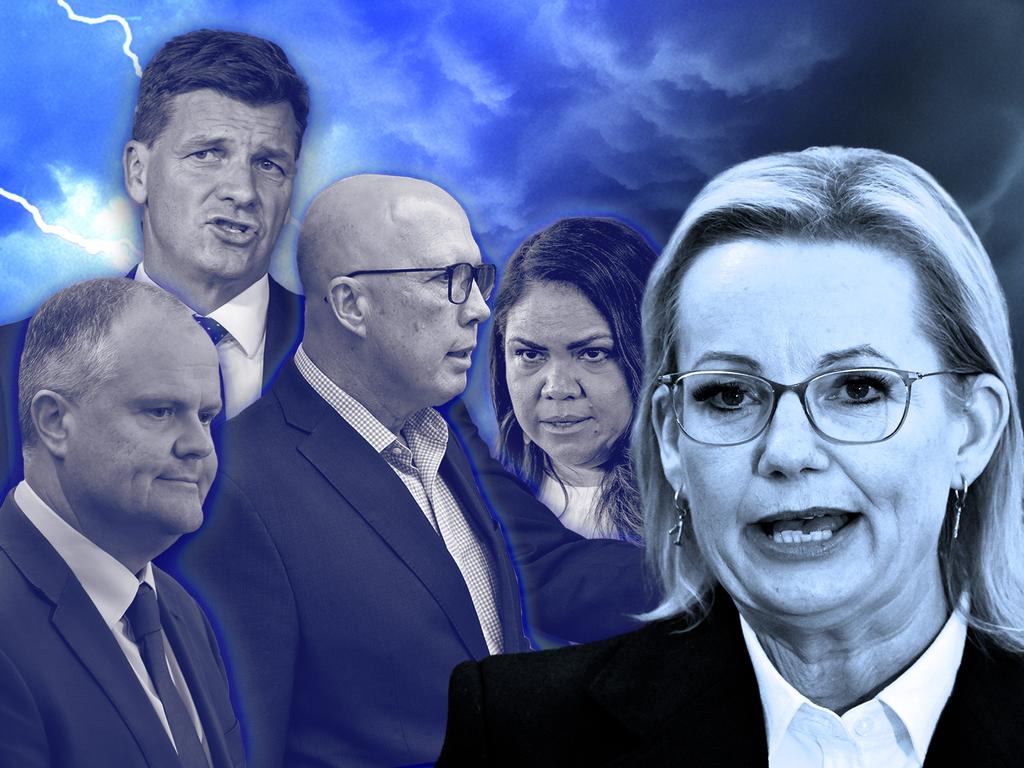


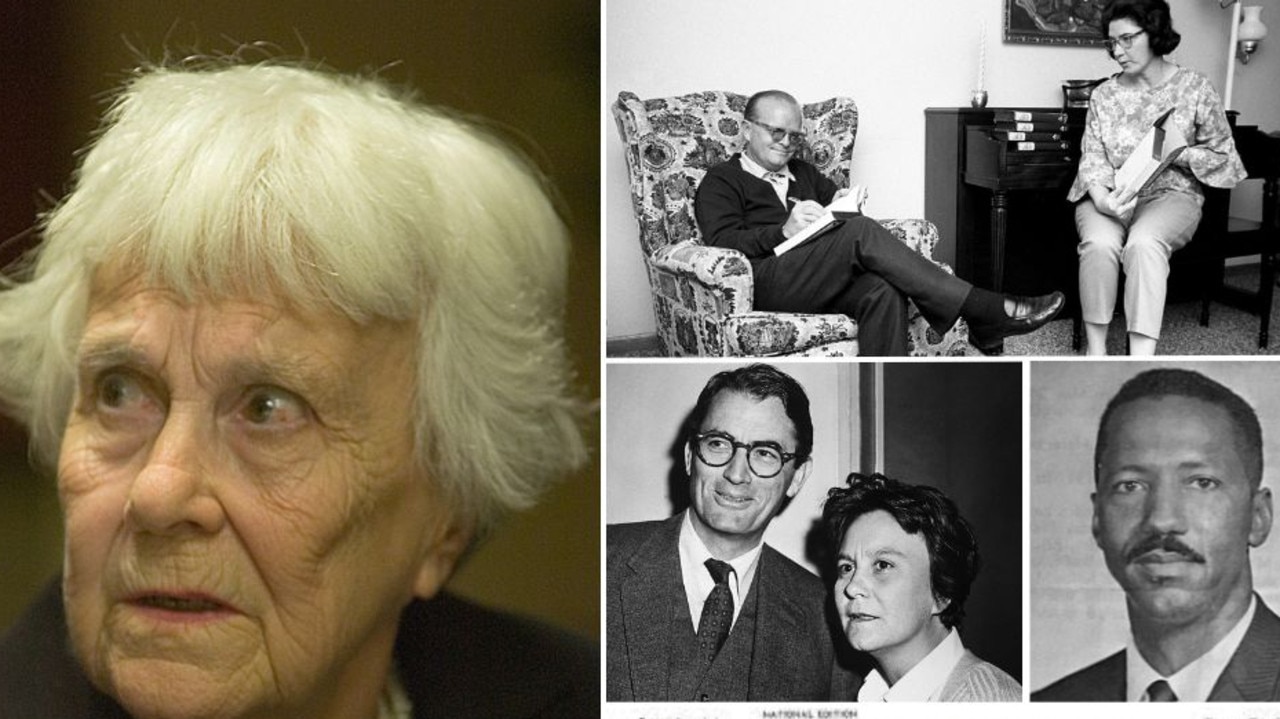
To join the conversation, please log in. Don't have an account? Register
Join the conversation, you are commenting as Logout